Imagine this. ‘You’re driving down I-69 in rush hour on a hot summer day, and you start to notice your ‘car’s acting funny. You look down at the instrument cluster and see that the temperature gauge is indicating that your engine is hotter than usual. You really ‘don’t want to pull over because the interstate is busy and you want to get home. What do you do?
Unfortunately, an overheating car is a real possibility, and there are right and wrong ways to respond to this scenario. ‘Let’s take a look at some things that can cause your car to overheat and what you should do if you notice those issues.
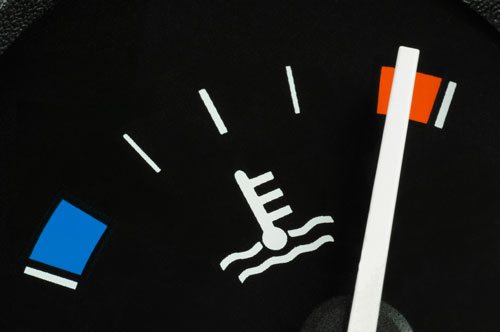
Tell-Tale Signs of an Overheating Car
You ‘can’t always predict when you will run into car trouble, and an overheating car is no exception. Luckily, there are some signs that can help you recognize when your ‘car’s engine is too hot.
1. Temperature Gauge
We used the temperature gauge as the example in the scenario above. Your temperature gauge is found in your ‘car’s instrument cluster. You should be able to pick out the gauge from its defining symbols – a thermometer and the letters “H” and “C” for hot and cold.
You may see the gauge fluctuate a little, depending on the day. This is okay. However, if the metering pin is landing on the “H” or the temperature light comes on, your car is in serious need of attention.
2. Steam
One sign of an overheating engine is a cloud of steam coming from under the hood. Often this looks more like smoke, but it is vapor.
Your engine, radiator, and cooling system are located under the hood. Your cooling system helps keep your engine from overheating by pushing coolant (aka antifreeze) through a series of pipes (https://northwestautohouston.com/car-parts-car-radiators/)at away from the engine, keeping the motor cool.
Steam is a sign that your coolant may be leaking. The coolant is so hot that it is evaporating. If you notice a lot of steam, your engine is losing a lot of coolant and quickly!
Another sign of leaking coolant is a large puddle under the hood of the car. ‘It’s also possible that your engine has overheated and the coolant has boiled over, leaking onto the ground. An overheating engine could even crack or damage other components, causing the coolant to spill out. If this is the case, your engine now lacks the ability to effectively cool the engine and to continue to work correctly. The problem needs to be isolated and repaired properly and the damaged parts and missing coolant need to be replaced.
3. Unusual Smell
If you notice an odor that smells “hot”, this could be coming from engine and could indicate the engine oil is very overheated. (This breaks down the lubricity of the oil and add packs) and is not a good sign.
A sweet smell inside your vehicle could signify that your car is leaking coolant, which has a sweet-smelling property. Because coolant can be dangerous to wildlife and the environment, ‘it’s a good idea to catch this earlier than later.
Not sure what to do with your antifreeze? The City of Houston has a disposal system in place. Or bring it to a reputable repair facility or a parts store; they will dispose of it properly.
In general, an unusual smell coming from your car is a definite reason to get your vehicle inspected.
4. Problems Accelerating
Problems speeding up or maintaining speed is a critical sign that your vehicle is experiencing engine issues. Your overheated engine can be sluggish. If you notice that your engine is responding strangely or seems to be lacking energy, keep an eye (or nose) out for other symptoms, like smells and steam.
Great! Now we know the signs of an overheating engine. Now, ‘let’s take a look at how you, the driver, should respond to these issues.
How to Respond to an Overheating Car and Engine
If you notice any of these listed signs, you should safely pull over immediately. Turn off your engine as soon as you can to allow the engine to cool down on its own. This should prevent the engine or other parts under the hood from experiencing further damage.
While ‘you’re safely waiting for the car to cool down, we suggest you call your trusted auto professional. Explain to them the signs and symptoms so they can advise you accordingly. They may suggest you stay where you are, or they could give you the go-ahead to drive your car to a mechanic.
Remember, if ‘you’re having trouble with your engine or think that it might be overheating, take your car to a professional! If you are in a situation that requires you to take a look under the hood, wait until the car has had time to cool down. Steer clear of steam and hot metal. Both can cause serious harm and burn you. Just because your vehicle is hurting, doesn’t mean you need to be too!
If ‘you’re experiencing problems with an overheating car or find yourself wondering what to do next, give us a call at (281) 894-8880 Northwest Auto Center of Houston. We’re always here to help!

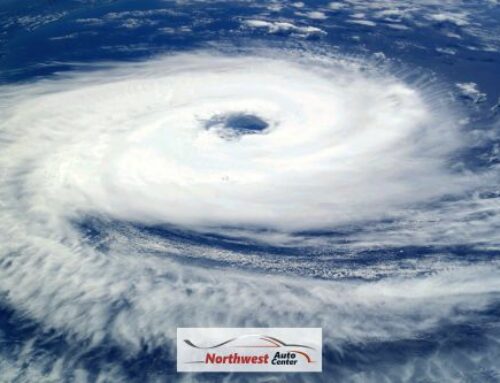
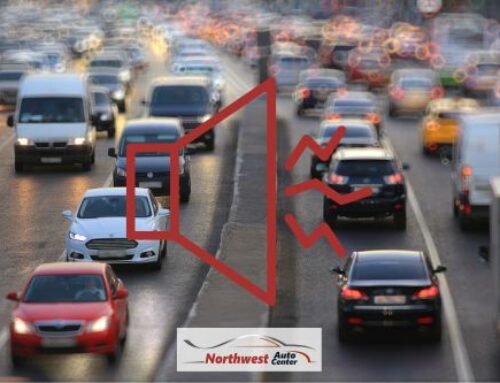
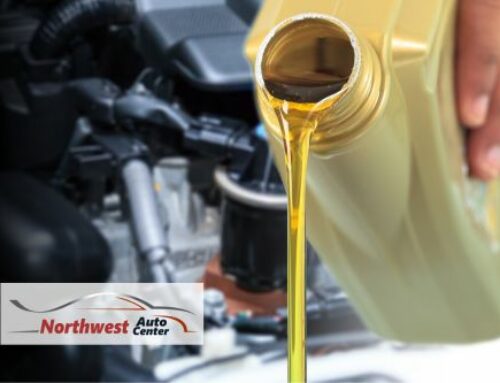
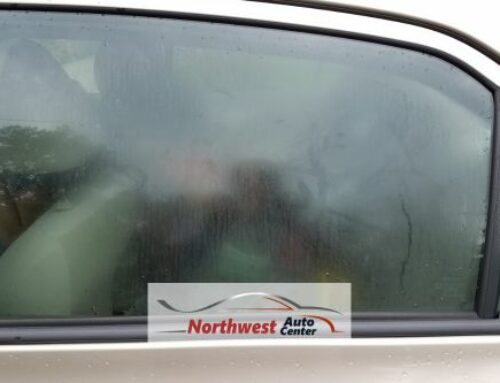

Leave A Comment
You must be logged in to post a comment.